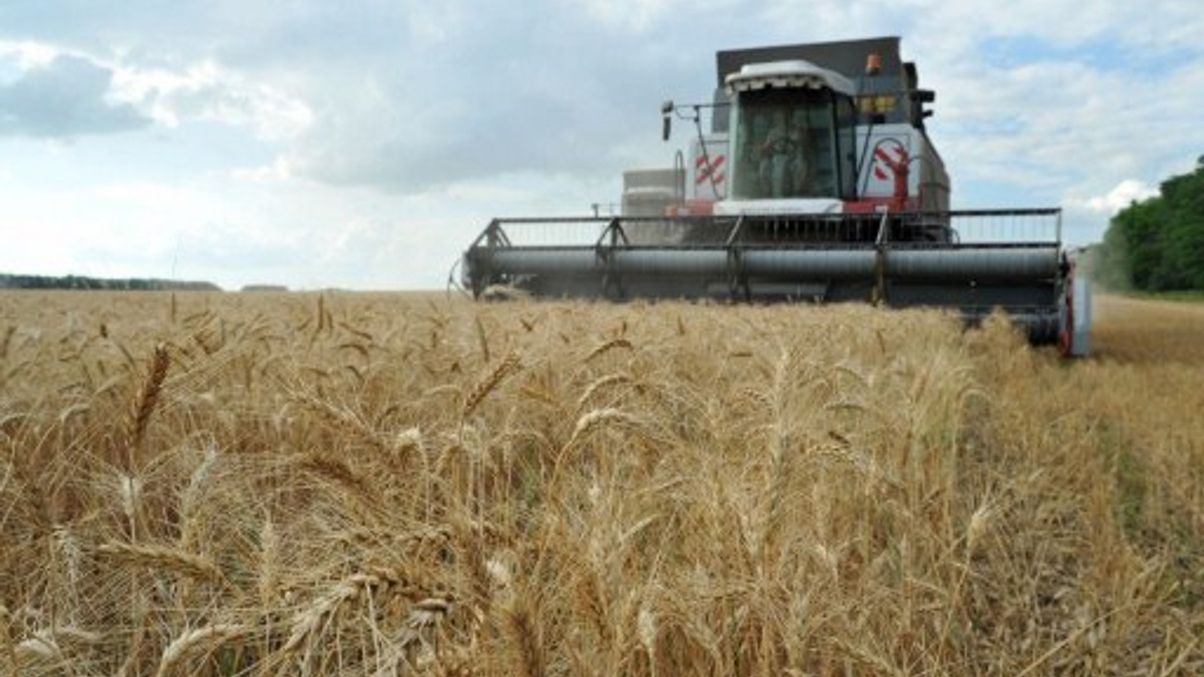GMO doubles down on resources call
Jeremy Grantham of GMO urges long-term investors to shift up to 30% of assets to resources, particularly agriculture.

Jeremy Grantham, the ‘G’ behind Boston-based fund manager GMO, says long-term investors should gradually raise their allocation to resources up to 30%, on the back of food shortages he expects to worsen.
Sign in to read on!
Registered users get 2 free articles in 30 days.
Subscribers have full unlimited access to AsianInvestor
Not signed up? New users get 2 free articles per month, plus a 7-day unlimited free trial.
¬ Haymarket Media Limited. All rights reserved.


